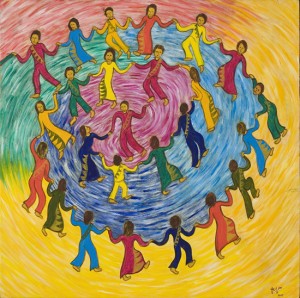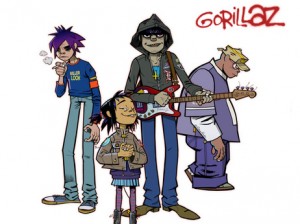Church planters often know the “latest book to read.†We reference pragmatic books constantly. But are we reading the right books?
Pastors and church planters can find it difficult to read the books we need to read. We are often overwhelmed with emergency reading—reading in areas of the church where we are deficient (e.g. children’s ministry, church discipline, missional church, counseling, best practices). We scour blogs and books for practical insight, inevitably digesting half-baked ideas and practices.
If we aren’t careful, we can get indigestion by consuming this stuff. Our diet devolves. We get bogged down in best practices instead of diving deeply into the Bible and our culture…As theologian-missionaries, we should all strive to cultivate and practice a theology that is missiologically oriented and a missiology that is theologically grounded. Not all missiologists follow this difficult, interdisciplinary path. Sometimes the integration of theology and missiology is up to us, the practitioners. We possess the high calling of shepherding the church in truth, wisdom, and love. Read the rest of this article to get a little help can go a long way.
Read the Rest of “Reading Good Missiology“



 a little disappointed but not surprised), followed by a host of good bands. See if you’re favorite is listed or if there are any missing! Here are the top 10.
a little disappointed but not surprised), followed by a host of good bands. See if you’re favorite is listed or if there are any missing! Here are the top 10. There have been a lot of attempts to cultivate community in the local church–small groups, accountability groups, cell groups, missional communities, gospel communities. The problem with a lot of these structures is that they make the wrong the central. The glue is all wrong. Small groups make community the glue. Accountability groups make holiness the glue. Cell groups make evangelism the glue. Missional communities make mission the glue. All of these get stuck on the wrong things.
There have been a lot of attempts to cultivate community in the local church–small groups, accountability groups, cell groups, missional communities, gospel communities. The problem with a lot of these structures is that they make the wrong the central. The glue is all wrong. Small groups make community the glue. Accountability groups make holiness the glue. Cell groups make evangelism the glue. Missional communities make mission the glue. All of these get stuck on the wrong things.